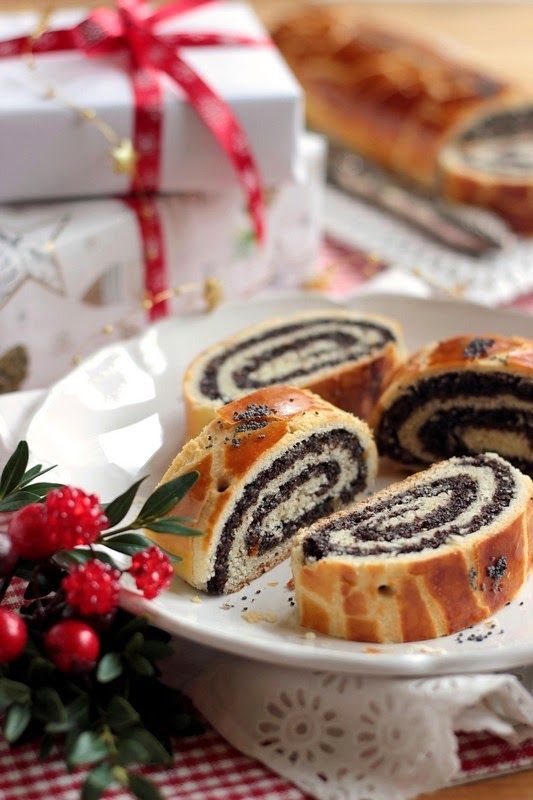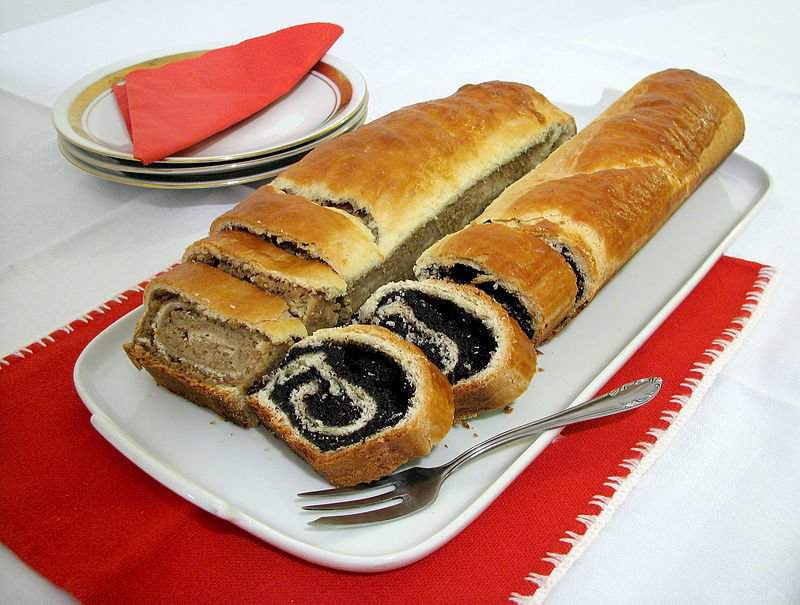This is why there is no Hungarian Christmas without bejgli
The history of the iconic bejgli is not totally clear, different sources report different origins. It came to Europe in the 14th century, and the word bejgli has been used by Hungarians since the 19th century. According to folk tradition, there is no Christmas without bejgli, because it was believed that walnuts protect from spoilage and poppy seeds bring abundance.
The traditional baking process of bejgli requires a lot of time, often a whole day. Grinding the walnut and the poppy seeds, forming and stretching the pasta and baking it are complex tasks.

Photo: www.facebook.com/Cookta
According to Origo, our grandmothers ground the poppy seed and walnut themselves, and did the dough from scracth.
It was almost a family programme – especially if there were girls at the house who, over time, passed on the knowledge of traditional bejgli making.
Although bejgli is now made with a number of fashionable fillings, the real traditional remains of walnuts and poppy seeds. Even though nothing can top off our grandothers’ recipes, below we offer a collection of articles on the topic:
- Classic Hungarian bejgli with an exciting twist – recipe
- No walnut? No Problem! Life beyond the walnut bejgli
- Boulevard of Christmas desserts: an unconventional bejgli map of Budapest

Read alsoBejgli – The traditional Hungarian Christmas cake
Source: www.origo.hu
please make a donation here
Hot news
What happened today in Hungary – 26 July, 2024
Drama: number of births in a 20-year low in Hungary
Yay or nay? – 6 odd Hungarian delicacies that make our skin crawl
Budapest tourism “exploded” this past weekend
Container transport in Budapest may stop: How will this affect Hungarian economy?
Minister: Hungary will protect its territory by every means possible




